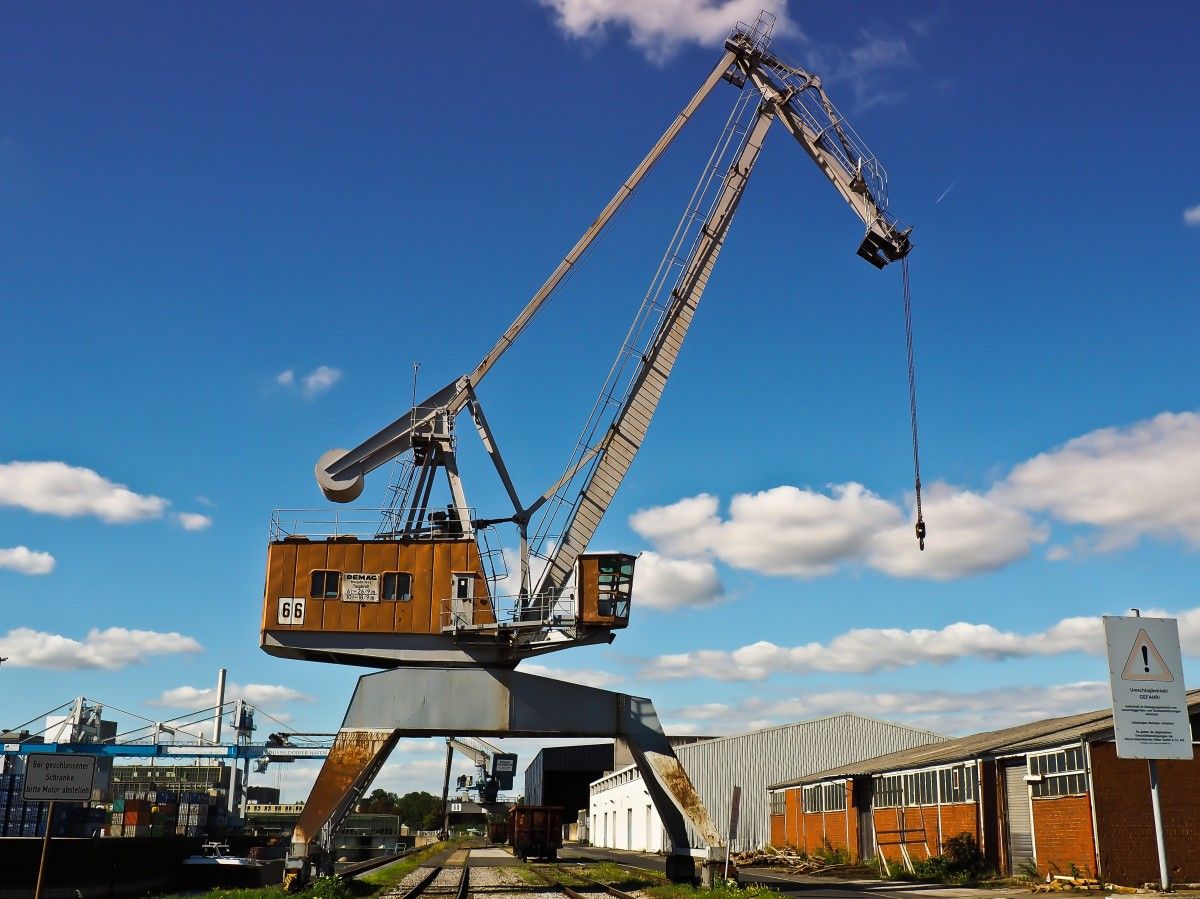This year’s Collective Labour Agreement has been approved this afternoon by the employers and trade unions.
It is a deal that will usher in wage increases of between 8 and 12 percent over the next two years for 600,000 mostly skilled and unskilled manual workers in the private labour market – thus addressing the dent in people’s pockets left by inflation.
It is not only good news for many industries – from manufacturing and construction to transport and hospitality – but also the government, as it reduces the likelihood of strike action, the need for legislative intervention, and a revival of the Store Bededag debate.
Around 400,000 trade union members cast their votes – the turnout of 59.3 percent was the most since 1973 and fourth highest in history. Voting began on March 26 and 79 percent ended up approving the agreement.
Restoring the real wage
Dansk Metal chair Claus Jensen, who also presides over the association CO Industri, was pleased with a result that underlines how trade union members have “bought about” the possibility of restoring ‘the real wage’ over the next two to three years.
“I am extremely proud and happy about the result and the support our members have shown,” he said.
Trade union confederation supremo Lizette Risgaard, the chair of Fagbevægelsens Hovedorganisation, concurred in a press release that it is a “day of joy for all parties” and “a good starting point for calm about the private labor market”.
“I am proud of all our skilled dealers who, under difficult conditions, have achieved results that the members have now acknowledged,” she added.
“Crucial” minimum wage model negotiations
In total, 500 individual agreements were up for renewal, including provisions to increase wages, pension contributions and parental leave, and the collective nature of the deal means all of them have been approved.
More negotiations lie ahead, most pertinently, perhaps, regarding the minimum wage model, whose functionality, Risgaard said, was “absolutely crucial”.
The new collective agreements enter into force retroactively from 1 March 2023 – or from the date agreed by the individual parties to the collective agreement.
Construction hard to please
Construction workers have always been traditionally hard to please, and again a majority voted against the agreement, with only 49.7 percent of the members voting yes.
The result surprised Palle Bisgaard from 3F, who told DR that the offer was “the absolute best for many, many years”.
Meanwhile, Dansk Industri director-general Lars Sandahl Sørensen praised employees and employers for being able to “look above their own interests in order to jointly take responsibility for the whole of society”.











